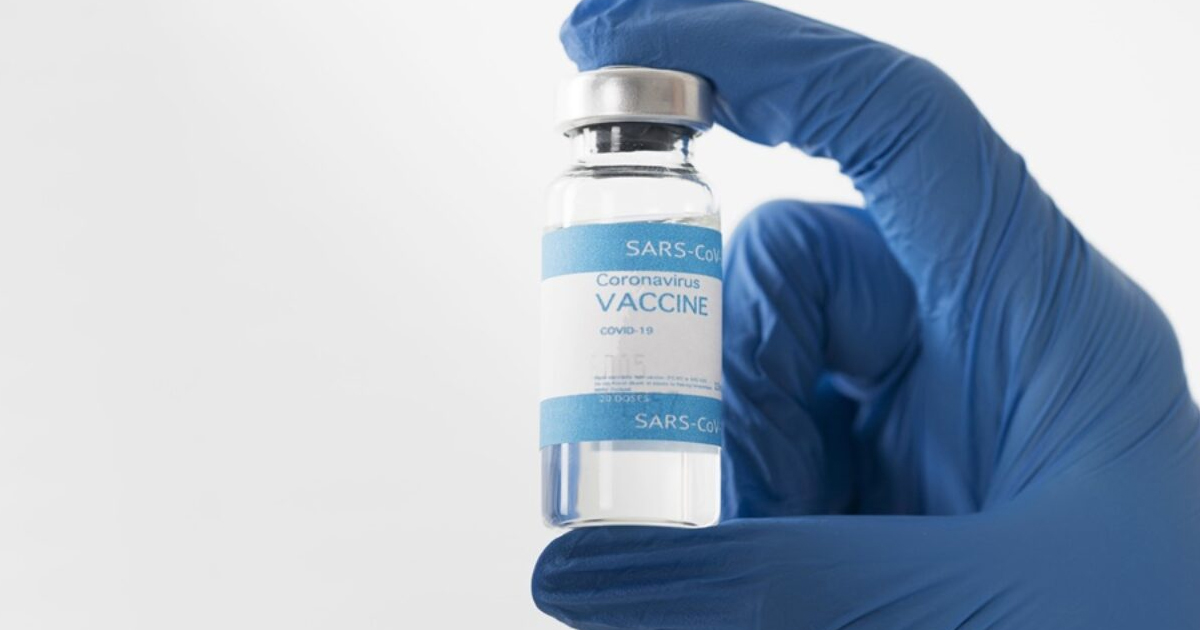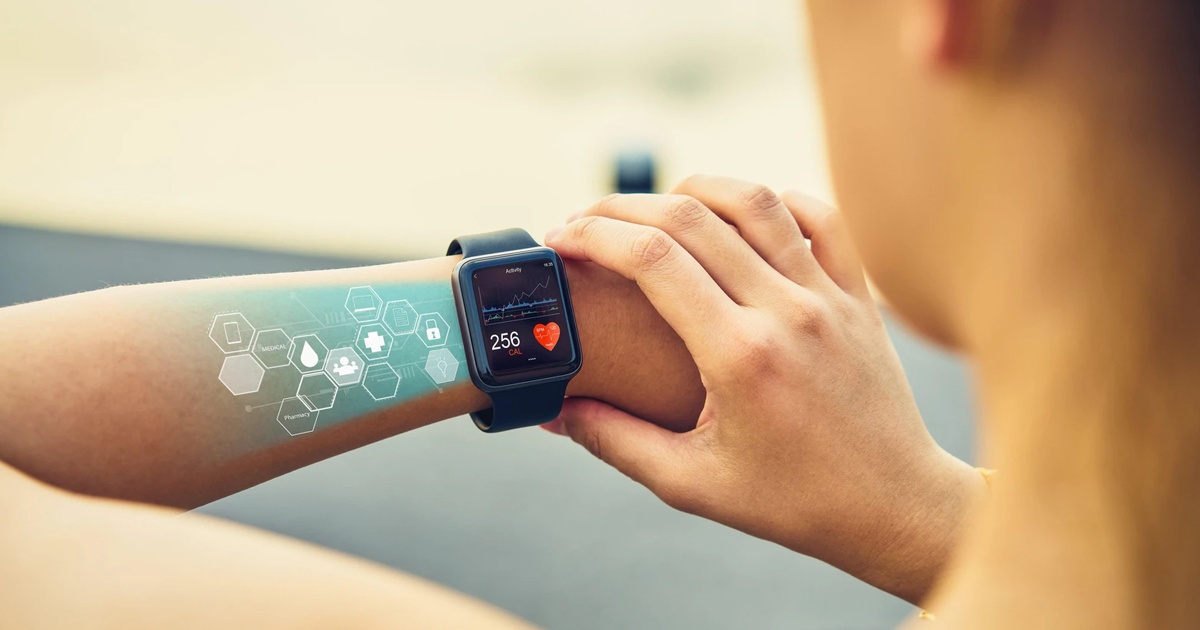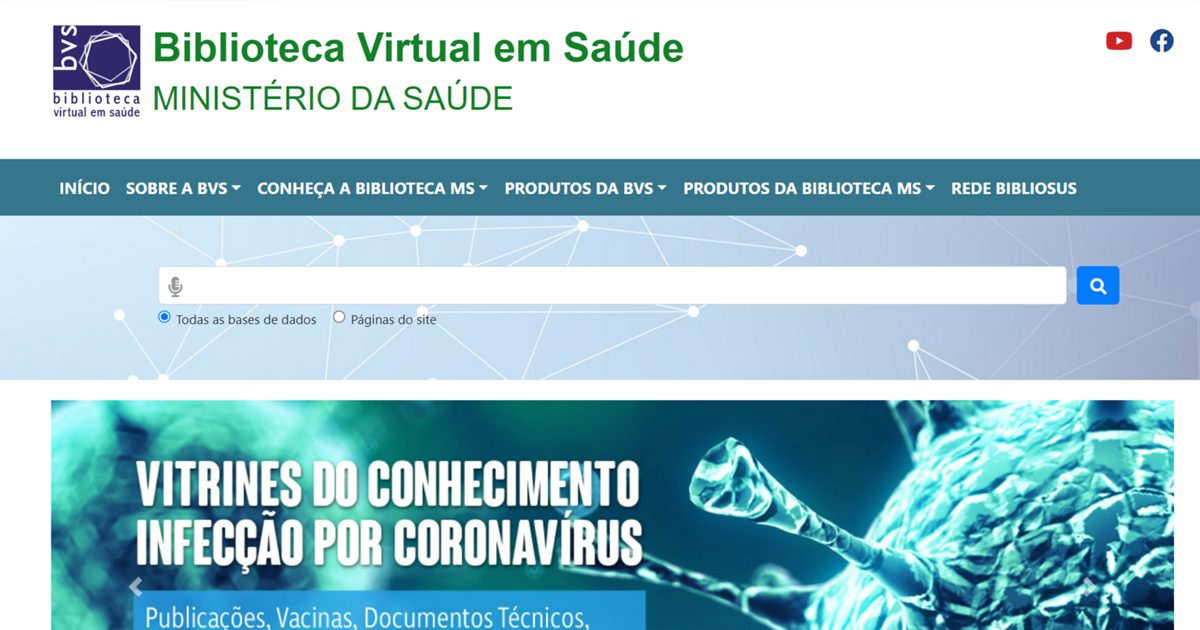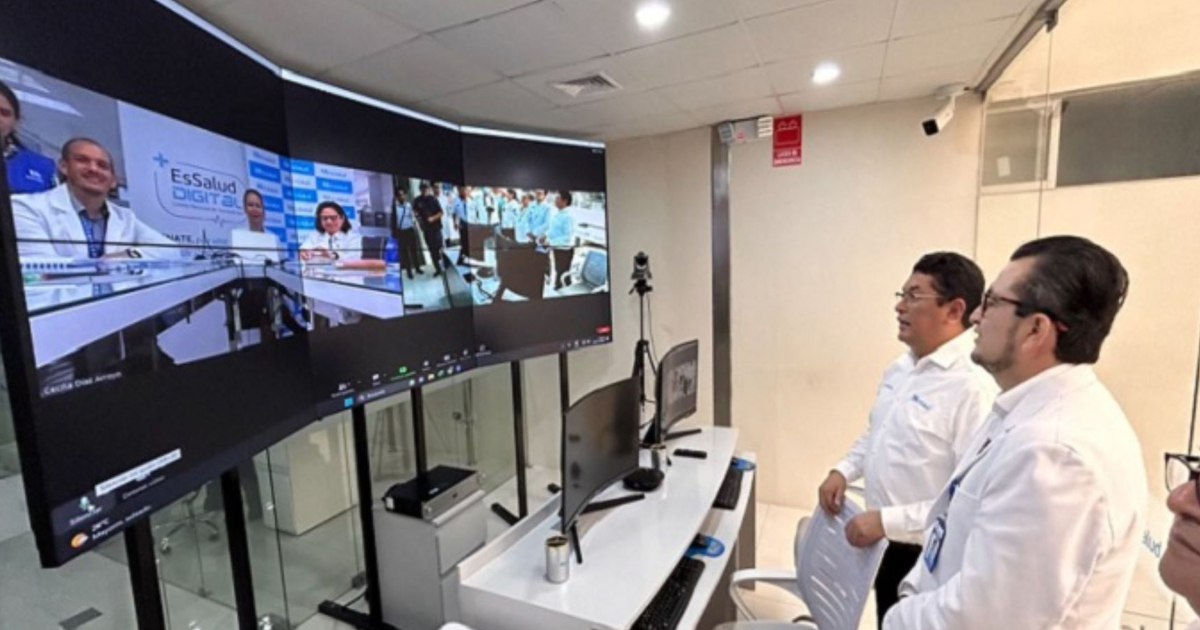Artificial Intelligence (AI) models, provide a new approach to disease diagnosis and treatment. In the April issue of The Lancet, a study about the use of this technology for the management and diagnosis of thyroid nodules was published.
This AI model was presented in the article entitled: "Deep learning-based artificial intelligence model to assist thyroid nodule diagnosis and management: a multicentre diagnostic study". It is a deep learning-based model for differentiation between malignant tumors and benign thyroid nodules.
ThyNet is the name of the model and the study focuses on how it " could help radiologists improve diagnostic performance and avoid unnecessary fine needle aspiration." To train the deep learning algorithm the researchers use a training dataset of 14439 images from 6587 patients and the fitting dataset 3610 images from 1752 patients.
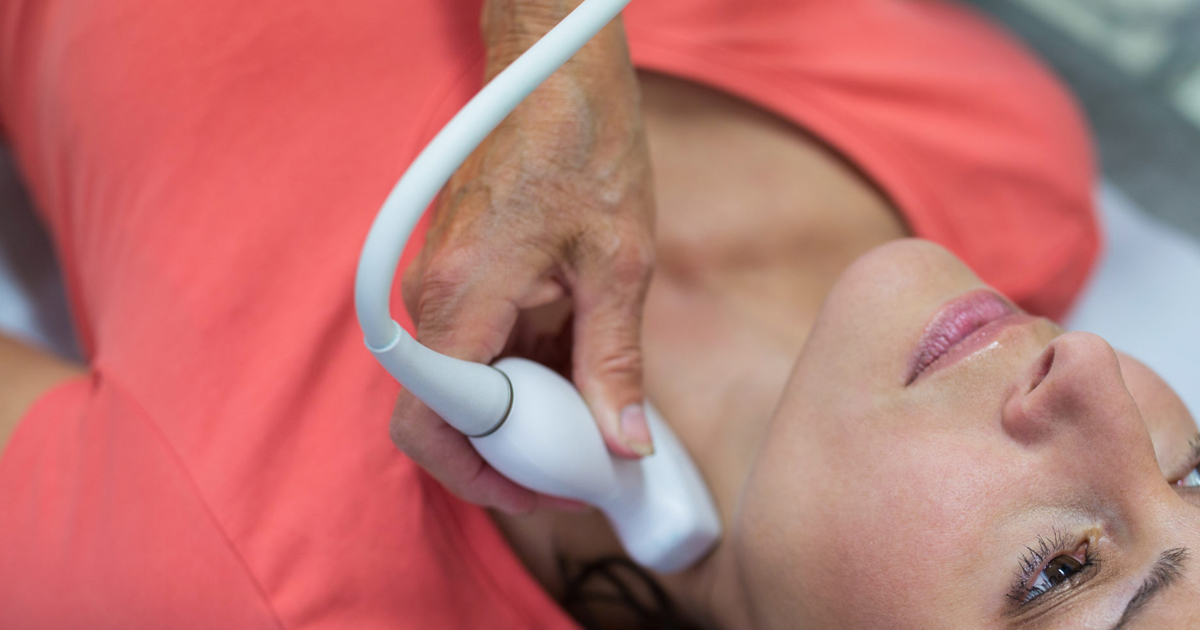
"All nodules in the training and total test set were pathologically confirmed. The diagnostic performance of ThyNet was first compared with 12 radiologists," This corresponded to test set A. Subsequently, for Set B the ThyNey-assisted strategy was developed in conjunction with radiologists.
Then, "the ThyNet assisted strategy was then tested in a real-world clinical setting (using images and videos; test set C)." The researchers explain that "The ThyNet-assisted strategy significantly improved the diagnostic accuracy of radiologists on thyroid nodule differentiation and could potentially decrease the number of unnecessary fine needle aspirations."
Find the full study at the following link: https://www.thelancet.com/journals/landig/article/PIIS2589-7500(21)00041-8/fulltext

